
How I (and you?) am hurting the PC industry
Starting in 1977 I bought a new personal computer every three years. This changed after 2010 when I was 33 years and eleven computers into the trend. That’s when I bought my current machine, a mid-2010 13-inch MacBook Pro. Five years later I have no immediate plans to replace the MacBook Pro and I think that goes a long way to explain why the PC industry is having sales problems.
My rationale for changing computers over the years came down to Moore’s Law. I theorized that if computer performance was going to double every 18 months, I couldn’t afford to be more than one generation behind the state-of-the-art if I wanted to be taken seriously writing about this stuff. That meant buying a new PC every three years. And since you and I have a lot in common and there are millions of people like us, the PC industry thrived.
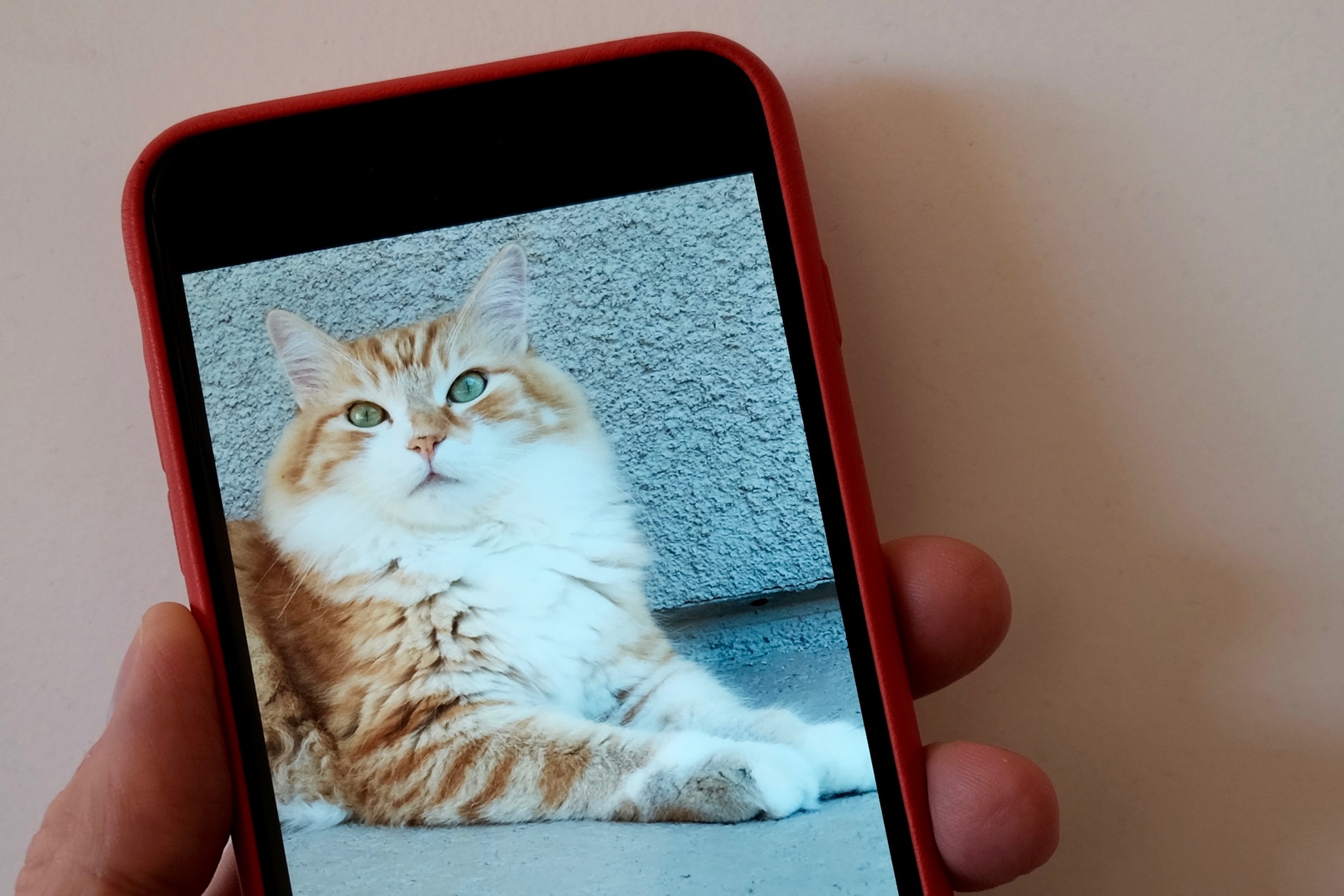
iPhone 6 Plus balances benefits [Review]
Sometime within the next few weeks, Apple should announce successors to iPhone 6 and 6 Plus, and my review of the latter device is long overdue. Let's get to it finally and present the key finding first: If size matters, as in you want a phone with larger screen but that doesn't feel humongous, the 5.5-inch iPhone 6 Plus is a worthy choice. By measures that matter most—benefits from apps, calling, camera, data, performance, screen, and storage—the phablet is best of class.
As expressed in my iPhone 6 review, I regretted not buying the larger device after handing it. The Plus is big, but not overly large for my tastes. Hell, I bought Motorola-made and Google-branded Nexus 6 in January 2015 to replace iPhone 6; the screen is even bigger than Plus, at whopping 6 inches. I gained great value using either of the larger handsets, but gave up one for the other.

Why millennials want self-service solutions [Q&A]
The millennial generation has grown up with the internet, so naturally they demand more from their business systems and online service providers. Product managers need to recognize this dynamic and ensure that their SaaS products deliver.
We spoke to William Colleran, CEO of online contextual help provider AnswerDash to explore this wake-up call for businesses.
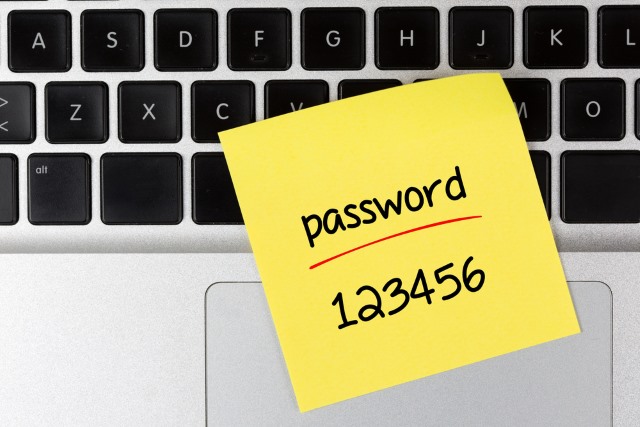
59 percent of consumers reuse passwords
We all know that we shouldn't reuse passwords across multiples sites, but that doesn't stop a majority of us from doing it.
A new survey for password manager Password Boss shows that 59 percent of consumers reuse passwords because it's too hard to remember them. Yet memory is the most common means of managing passwords, used by 63 percent, with only eight percent using some form of password manager.

Which US airports offer the best mobile data coverage?
With hundreds of millions of passengers passing through US airports every year, mobile networks often struggle to keep up with demand, which can result in poor and unreliable data performance.
Twice a year, RootMetrics tests mobile coverage at the 50 busiest airports in the US, using off-the-shelf smartphones to measure performance at all the places where passengers are most likely to use their phones. The latest US Airport Network Performance Review, which covers the first half of 2015, features some surprising results, including one of the busiest US airports ranking at the top and another major US airport landing near the very bottom.
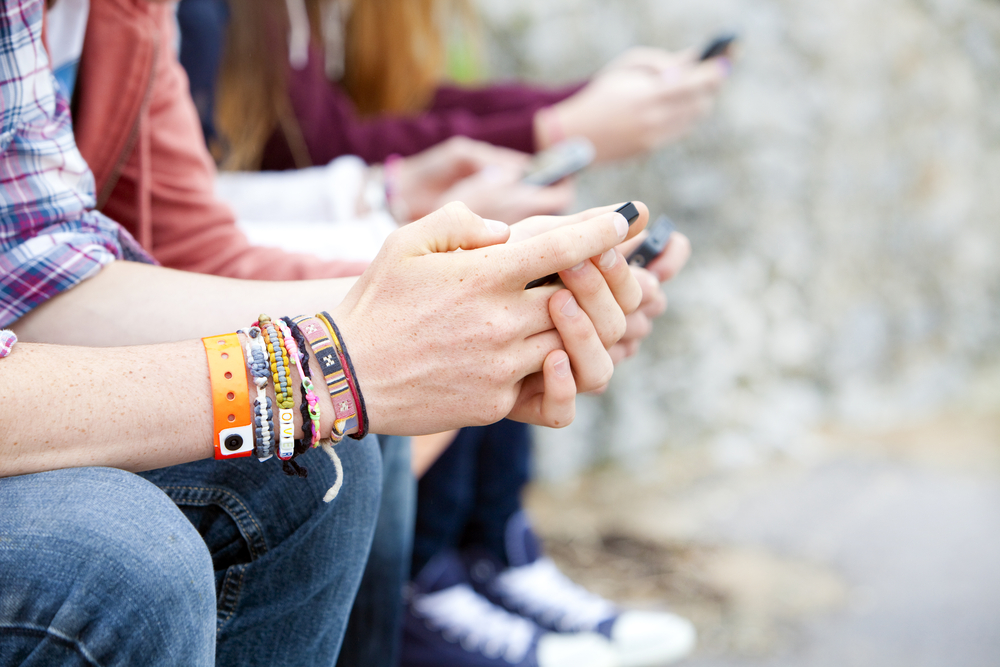
A short history of text messaging
The text message has become such a key part of our modern lives that it's hard to believe that the concept behind it dates back 31 years. Email to SMS gateway service Neon SMS has produced an infographic tracking how SMS has evolved.
The first text message was sent in 1992, although it had to be from a PC because it was the following year before Nokia introduced the first SMS-enabled phone. In 1997 the Finnish company produced the 9000i Communicator, the first mobile phone to feature a full keyboard.
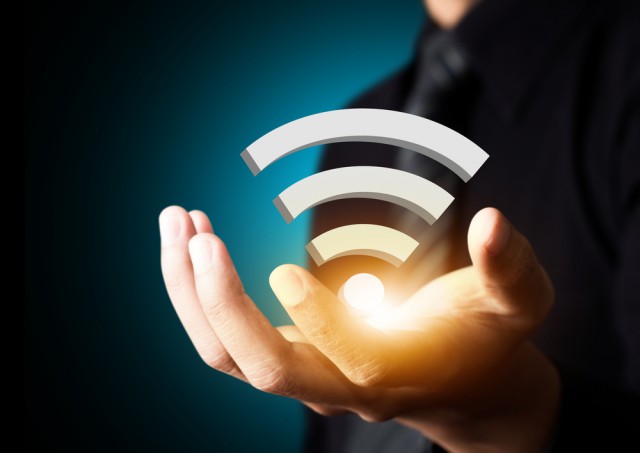
The things we do for Wi-Fi
We use Wi-Fi almost without thinking about it, but a new survey of users in the US and Europe reveals just how big an impact it has on our daily lives and what we're willing to do to stay connected.
Network company Xirrus polled hundreds of people about their Wi-Fi habits and expectations. The results reveal the far-reaching impact Wi-Fi has on users' lives, as well as its importance to the future.

Remember when technology was exciting?
Al Mandel used to say "the step after ubiquity is invisibility" and man was he right about that. Above you’ll see a chart from the Google Computers and Electronics Index, which shows the ranking of queries using words like "Windows, Apple, HP, Xbox, iPad" -- you get the picture. The actual terms have changed a bit since the index started in 2004 as products and companies have come and gone, but my point here is the general decline.
Just as Al predicted, as technology has become more vital to our lives we’ve paradoxically become less interested, or at least do less reaching out. Maybe this is because technologies become easier to use over time or we have more local knowledge (our kids and co-workers helping us do things we might have had to search on before).
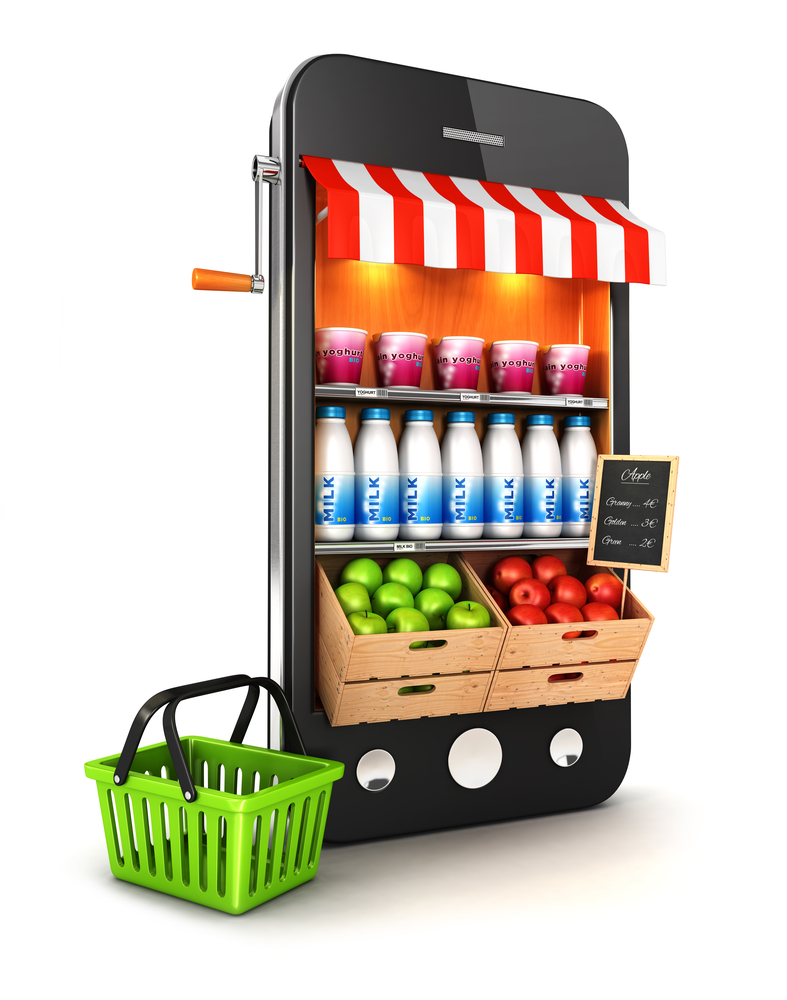
App performance shapes consumer perception of retailers
A new survey reveals that shoppers are not forgiving of their favorite retailers or brands when their mobile apps aren't working as they should. According to the results 70 percent of consumers say the performance of a mobile app impacts their perception of the retailer.
The survey by application intelligence specialist AppDynamics spoke to 4,000 smartphone and tablet owners in the UK, US, France and Germany. It shows that 20 percent admit to making purchases on their phone while at work in front of their computer.

Download a full movie or TV show on your mobile device in minutes using Digiboo Zones
If you do a lot of traveling -- especially when covering long distances -- taking some form of entertainment with you to help while away the hours is a must. You can load a laptop, tablet or smartphone with movies and TV episodes, but if you want to download or stream additional media while away from home, you’ll find yourself at the mercy of whatever connections are available to you.
Location-based retail entertainment download service Digiboo is aiming to make it much easier -- and faster -- to download movies and TV shows when on the go. Announced today, Digiboo Zones, is a speedy download service that will allow travelers to download content to mobile devices in around a minute.
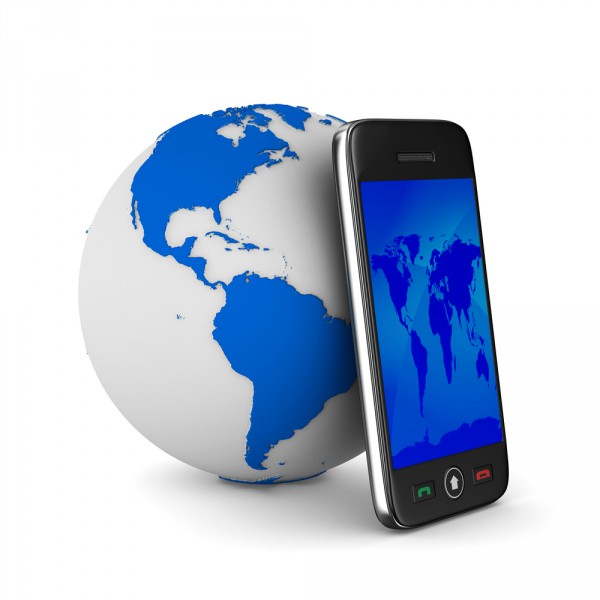
How mobile access is changing the Internet
Mobile Internet doesn't just liberate us from the constraints of a wired connection, it offers hundreds of millions around the world their only, or primary, means of getting online.
The latest Global Internet report from the Internet Society focuses on mobile usage and how it has changed, and is changing, the way we use the Web.

Can't remember your brother's phone number? You could be suffering from digital amnesia
When you can find a phone number with the swipe of a finger or resolve an argument with a quick trip to Google, why would you need to remember anything?
A new report from Kaspersky Lab calls this phenomenon 'digital amnesia'. It surveyed over 1,000 consumers across the US and finds that 91 percent of them say they use the Internet as an online extension of their brain.
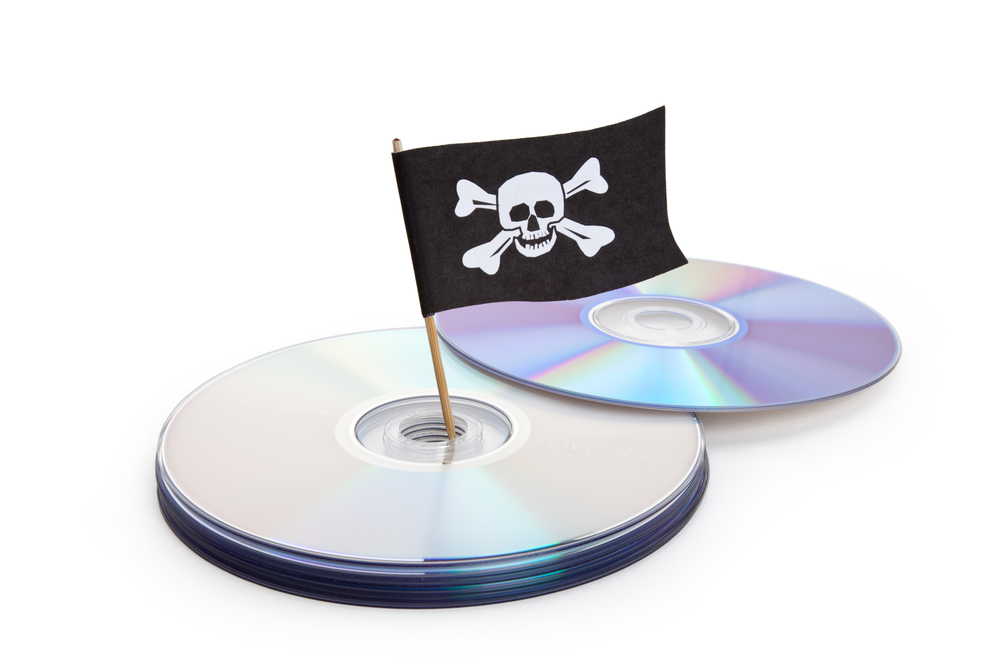
Digital piracy up by 22 percent over the last three years
Despite attempts to combat it, illegal distribution of copyright material via the internet is a continuing problem.
Protection solutions specialist Arxan Technologies has released the results of a new report produced in collaboration with the iThreat Cyber Group which shows that illegal reproduction and distribution of copyrighted material on the Web is booming as a result of security breaches in both mobile and desktop software applications.

Most employees are satisfied with the service they get from IT departments
Enterprise IT specialist LANDESK has released the results of a poll into end users' experiences with their IT departments.
The study polled more than 2,500 employees at organizations of various sizes worldwide, when asked to rate satisfaction with their IT department on a letter scale, 80 percent gave an A or B rating.
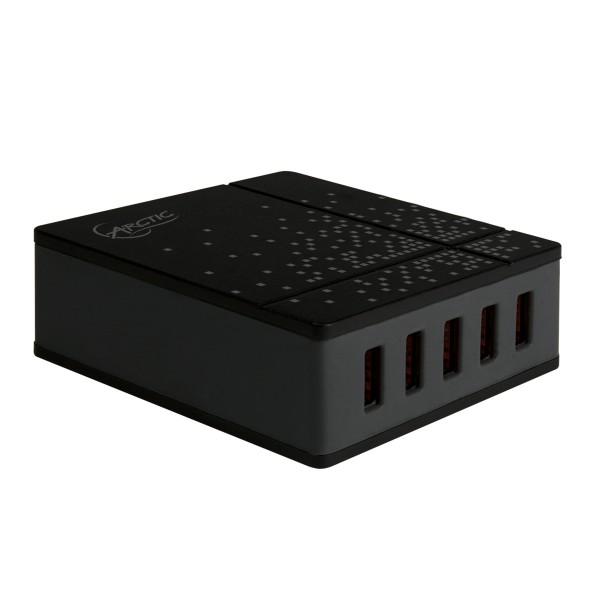
Five into one will go -- ARCTIC Smart Charger 8000 [Review]
Most of today's gadgets seem to use USB for charging their batteries so you inevitably end up with a whole stack of cables and the mains power adapters to go with them.
If you're looking to simplify things the Smart Charger 8000 from Swiss company ARCTIC may be the solution. It's a little box with five USB ports that allows you to charge a number of devices at the same time. It intelligently detects the devices connected to it in order to provide the best charging speed for each one.
